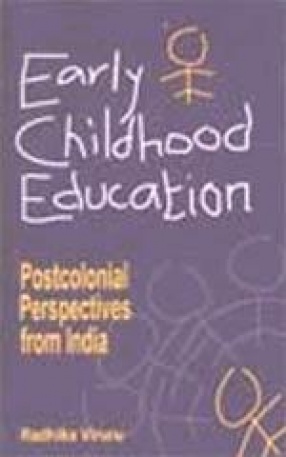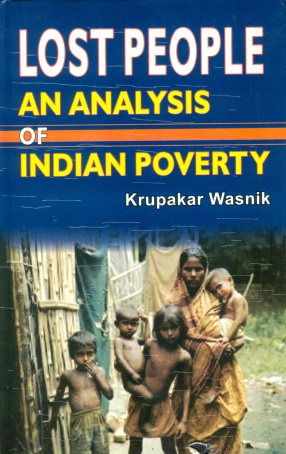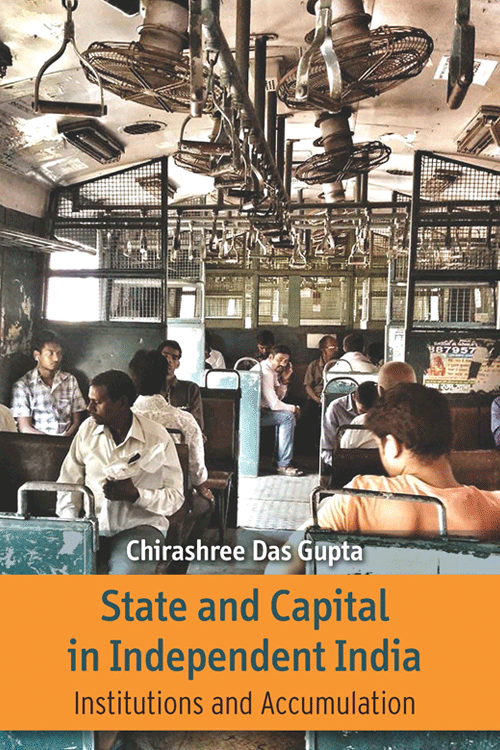Early childhood education the world over is heavily influenced by Western discourses which emphasize play-based, child-centered education. Dr Viruru offers an alternative understanding of preschool education from the postcolonial perspective which does not aim at discovering universal laws that will be valid regardless of contexts. Dr. Viruru starts with a critical analysis of Western discourses which hold that young children are incomplete, and which tend to claim a universal truth about early childhood education. The author rejects these approaches and maintains that human beings develop in many ways and in diverse directions and that, therefore, all forms of knowledge and growth are valid and valuable. Dr. Viruru emphasizes the need for meaningful and respectful interactions with children as complete human beings. She argues that it is necessary to question established norms in order to create spaces for children to grow as individuals and that early childhood education should be constructed on the basis of the lived experiences of individual children rather than on collective anonymity. Each of these themes is then explored in the detailed ethnography of a nursery school in urban India which includes descriptions not only of the school curriculum and the way it works but also analyzes the discourses of human relationships created within the school. What makes the school unique is the way in which the interests of the children are constantly balanced against the pressures of an increasingly consumerist and competitive society. The school has created its own discourse looking at the children as individuals rather than categorizing them based on psychological principles. The western preoccupation with cause and effect is replaced with the very Indian emphasis on coexistence where solutions to problems are rarely pursued. The author concludes that even though there is no one right direction for early childhood education, it is essential to recognize the diversity and complexity of children’s experiences or else they will only be further marginalized and disempowered. Perhaps the first full-length study to explore current issues in early childhood education through the lens of postcolonial theory, this book will be of considerable value to those involved in education, child development, developmental psychology, social anthropology and sociology.
Early Childhood Education: Postcolonial Perspectives from India
In stock
Free & Quick Delivery Worldwide
reviews
Bibliographic information
Title
Early Childhood Education: Postcolonial Perspectives from India
Author
Edition
1st Ed.
Publisher
ISBN
8178290162
Length
189p.
Subjects





There are no reviews yet.